A Recap of Gartner Security and Risk Summit: GenAI, Augmented Cybersecurity, Burnout
Last week, on June 3 -5, I attended the Gartner Security and Risk Summit in National Harbor, MD to learn about the latest trends and happenings in security. One thing was clear, artifical intelligence (AI) is the hot topic along with the growing cybersecurity staff shortage due to burnout and lack of talent.
Highlight: Gartner Opening Keynote: Augmented Cybersecurity: How to Thrive Amid Complexity
In security, it’s apparent that there is a growing risk of attack vectors, related incident cost, and burnout for professionals. Add in a cultural expectation of zero tolerance for security incidences, a growing number of intrusion incidences, employee burnout, and an increasing shortage of professional talent, you have to think about how your business can be more resilient. The reality is that your business is going to have to have a response and recovery plan. Gartner is suggesting that these response and recovery plans should be given equal weight to prevention measures.
Why - “Resilience through intention not adrenaline”. More and more, Board of directors are including fault tolerance for other areas like retail theft and fraud, so why not build in some for cybersecurity? Historically, cybersecurity teams have been focused on event-free metrics (e.g. 10 days since an incident), but Gartner highlighted how dangerous this is because people want to keep that metric. One way to change that metric narrative is “number of datas since learning opportunity”.
Session highlight: Outlook for Privacy in 2024
Global “Privacyation” is becoming a fact - as more and more governments and jurisdictions are developing privacy policies that impact what and how we can keep user data. While people may think they have nothing to hide, it’s really a myth as you also don’t want everyone to know everything about you - like biometrics, genetics, etc. With data breaches becoming more commonplace, it’s also an interesting perspective to hear that data loses value over time and becomes more of a liability. Bottom line though, privacy policies should not be done in isolation, but rather an integrated fashion, especially since security and privacy have a strong correlation.
Session highlight: Outlook for Security Operations in 2024
This talk with Steve Santos, Gartner Analyst, was also AI heavy, but how is it relevant to security operations? It’s going to be a revolutionary improvement as it will help with threat detection incident response. Like many other areas areas of a business, if something is down, time is of the essence, MTTx clocks are ticking. AI can help us narrow the blast radius, help us save time, and help automate certain processes. What AI will not do though is replace everything, as it is still like a child - susceptible to a lot of influence both good and bad. As a result, it’s important to experiment with AI but also set realistic expectations of what it can and cannot do. Finally, it’s important to really think about how you scale so you can prevent burnout of your employees and improve metrics like MTTx.
Keynote: Digital Zen: Mastering Well-Being in a Constantly Connected World
Rahaf Harfoush, a Digital Anthropologist and Executive Director, describes her role as exploring the intersection of culture and the digital world. I found this talk interesting because it examines how the digital era has disrupted our lives in a number of ways like the risk and threats we encounter. While she mentioned a number of different things to think about, like reframing what we focus on as a culture (e.g. time away from keyboard vs productivity levels), throughout her talk burnout was an underlying theme. If we solely focus on the negatives, we will have a harder time staying focused, energized, supported, and ability to adapt. Ultimately, being exhausted all the time puts your organization at risk for more errors, so prioritize your well being in a digital world.
TL;DR
Sometimes we all need reminders that our world is changing in ways both positive and negative ways from this shift to all things digital. The reality is we need to find better ways to manage all the information we get, and in the world of cybersecurity, that’s no easy task. AI is here to stay, but it will not replace us, so we still need tools to help us succeed, like a telemetry pipeline. Coming soon, my colleague will have a follow up post discussing some other fun facts they learned from this conference and how a telemetry pipeline can help with some of the security and privacy challenges. In the meantime, if you want to learn more about how a telemetry pipeline can help you with your security and privacy issues, request a demo now.

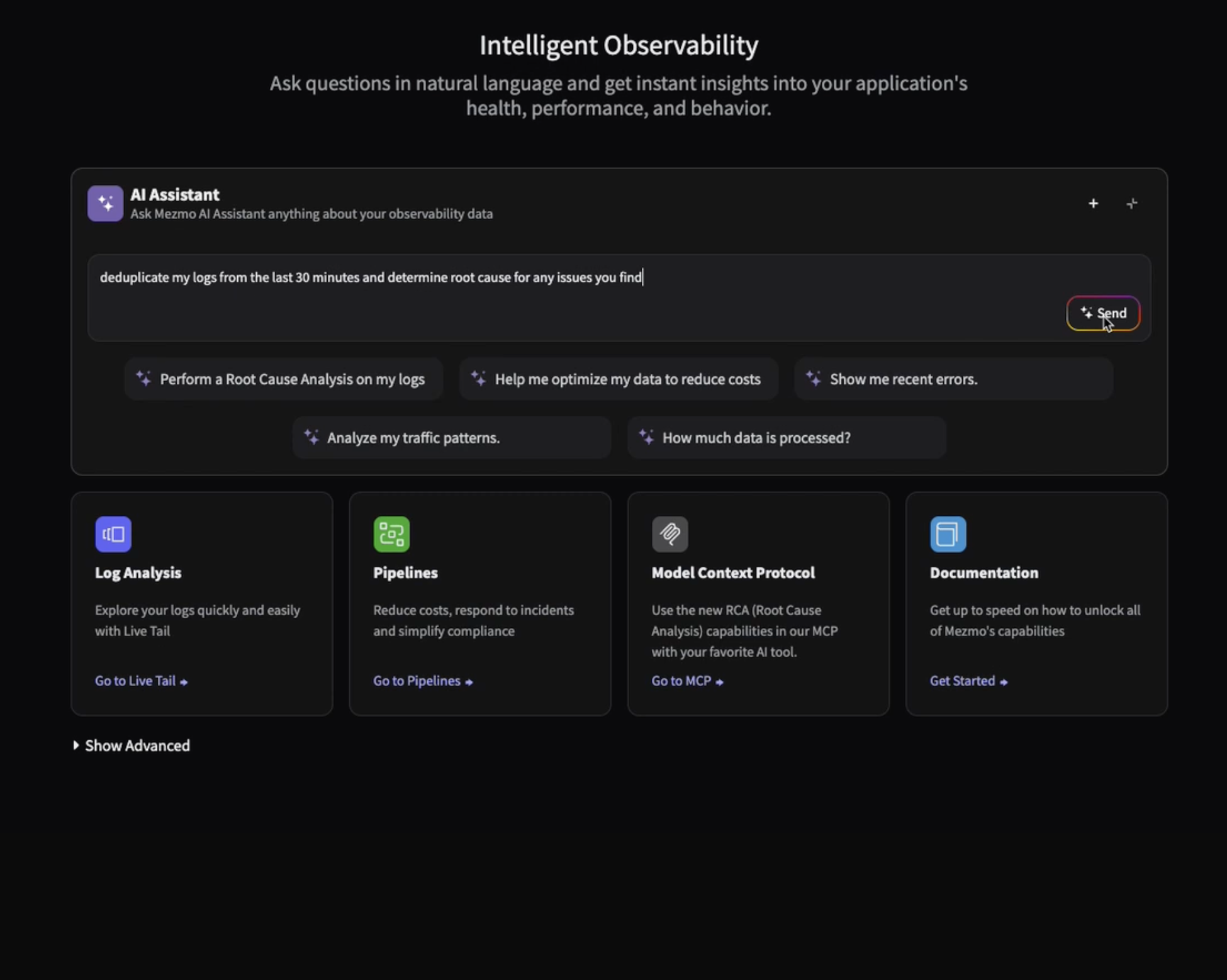
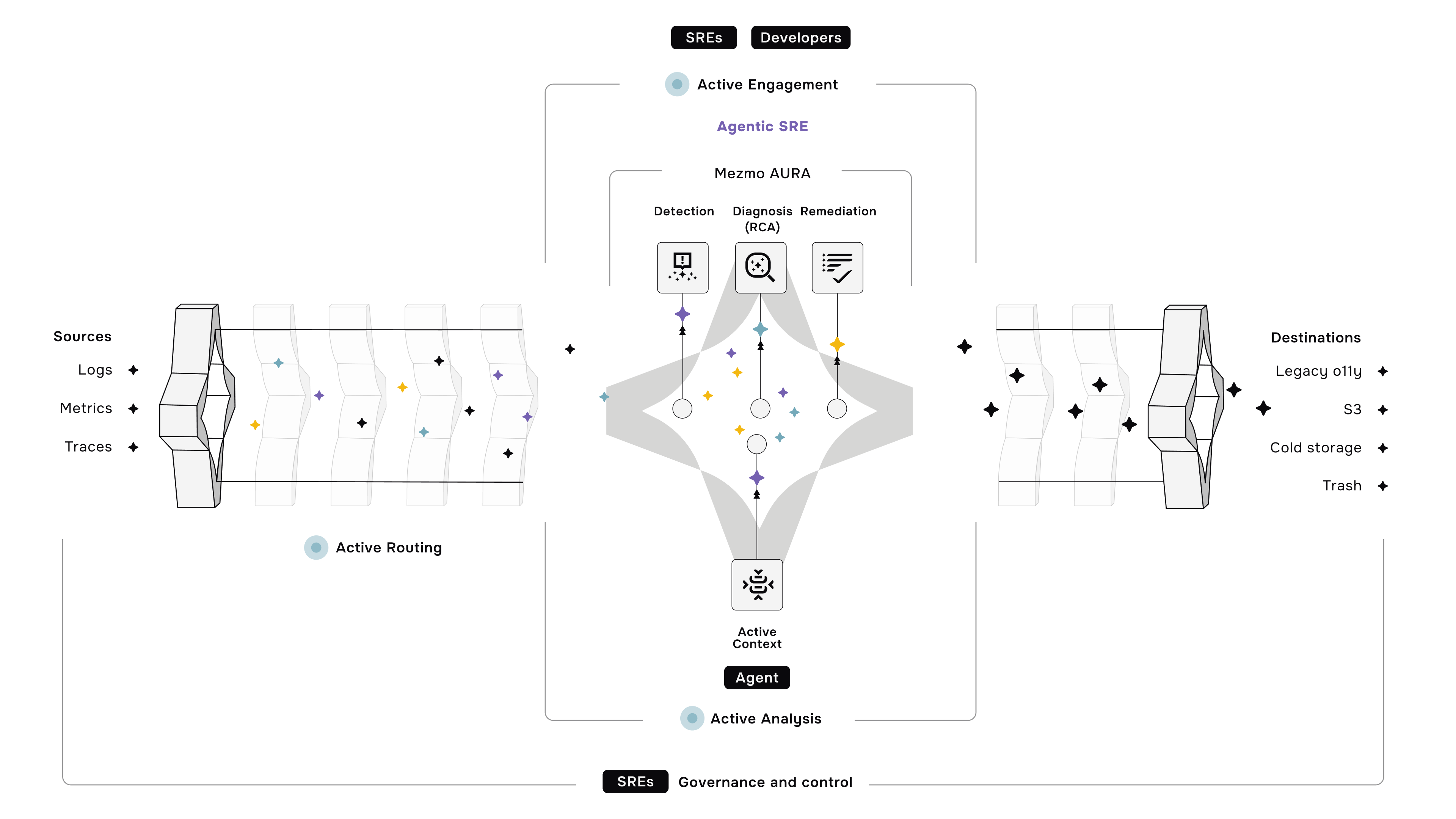






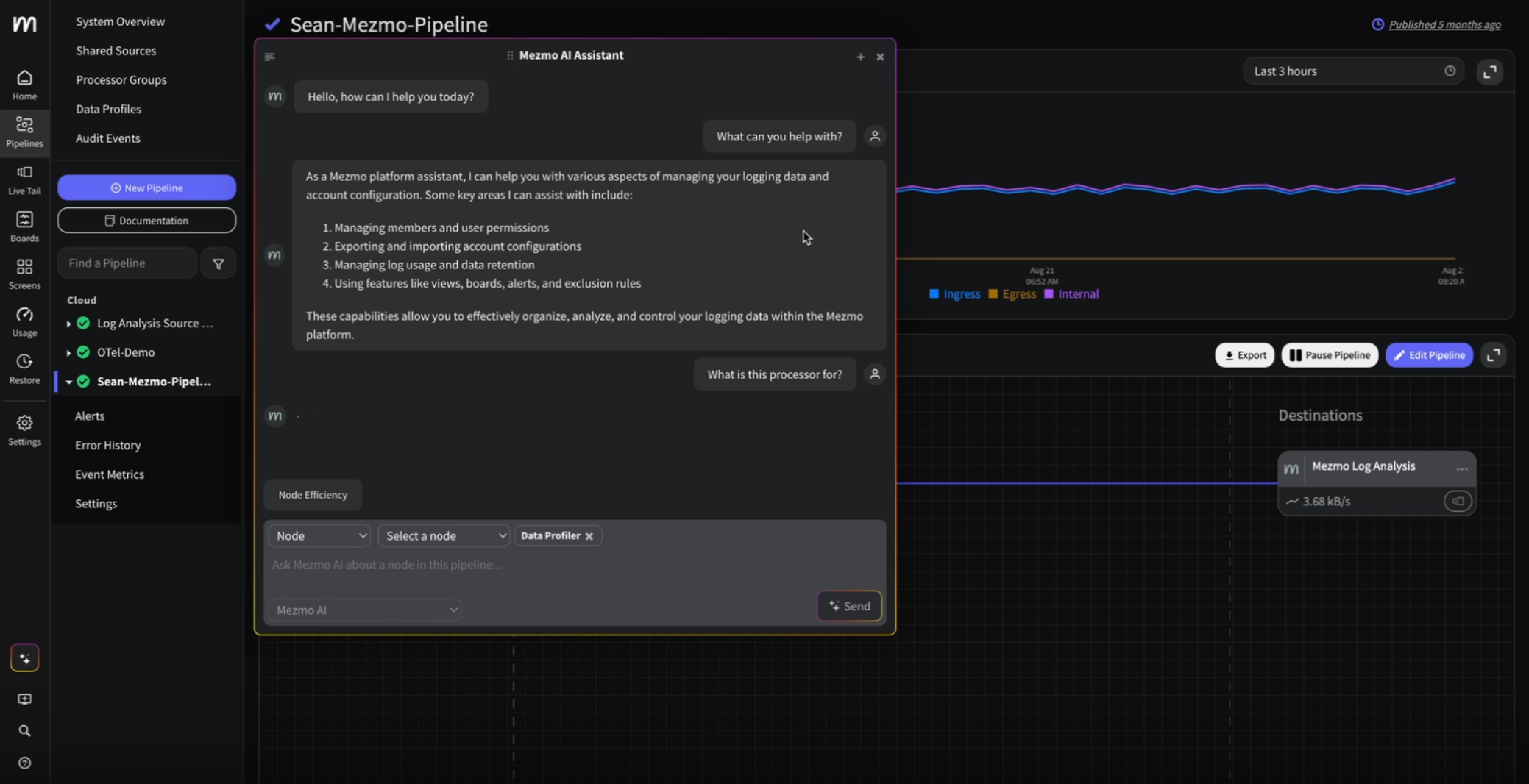
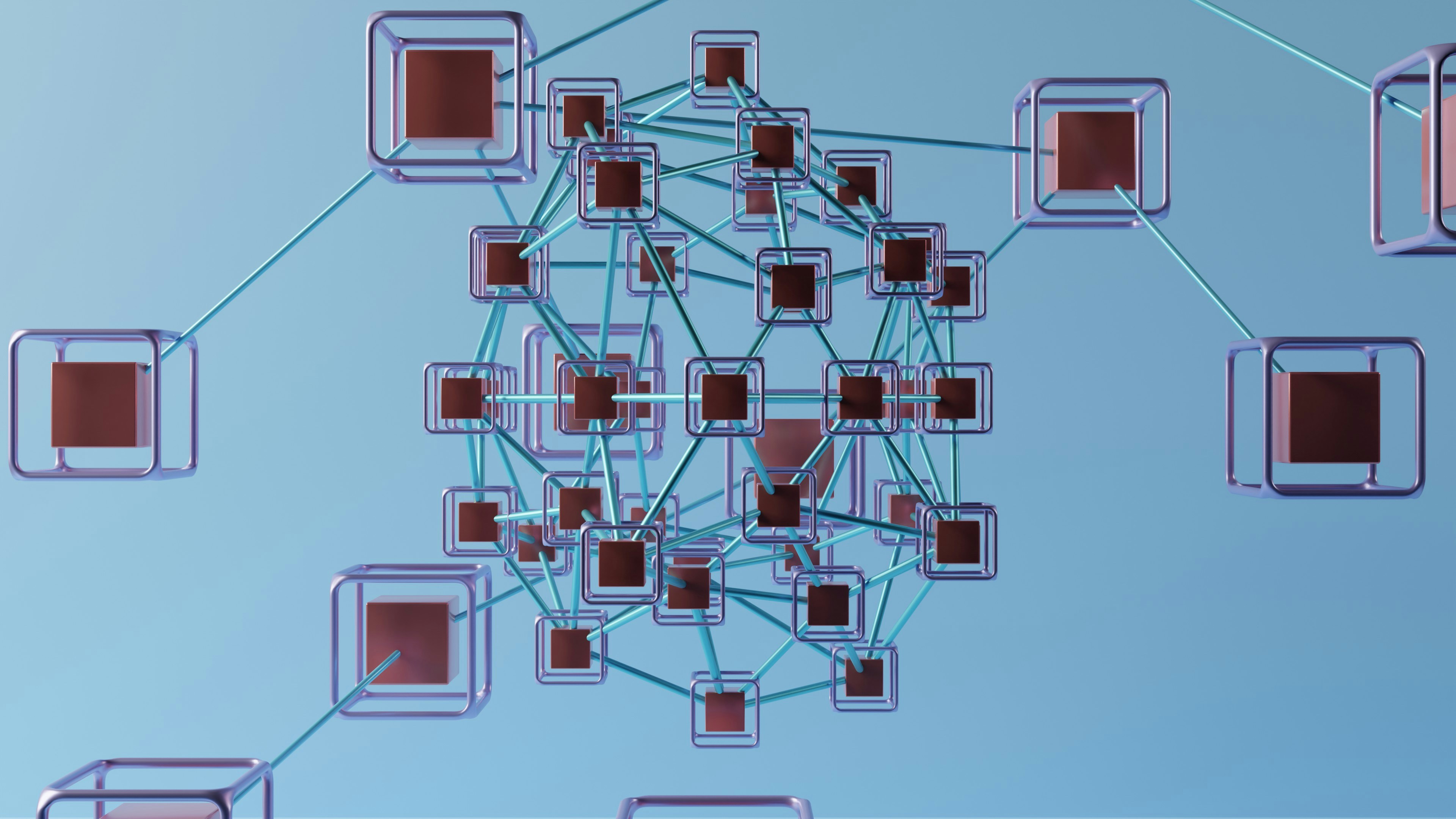

.png)
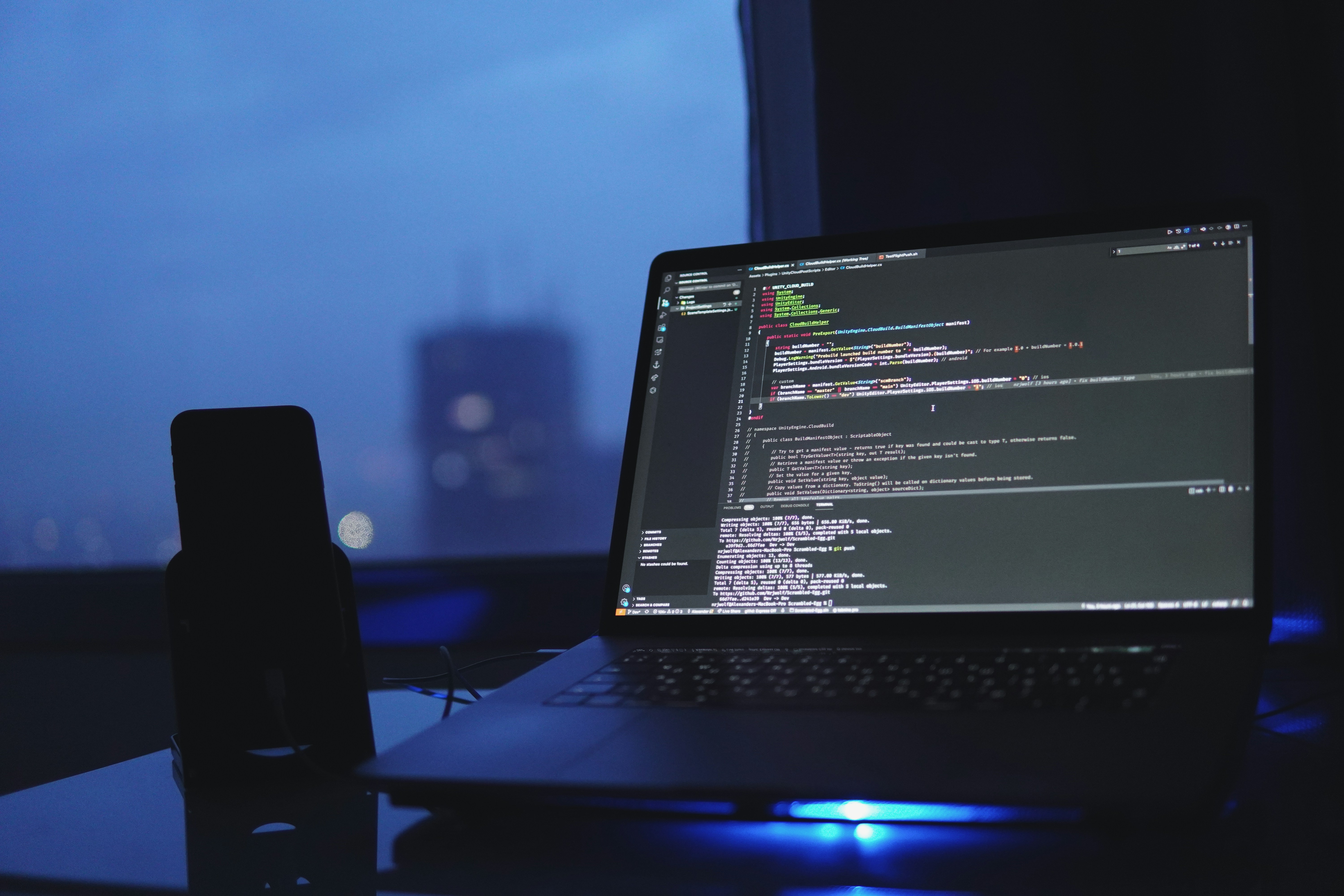



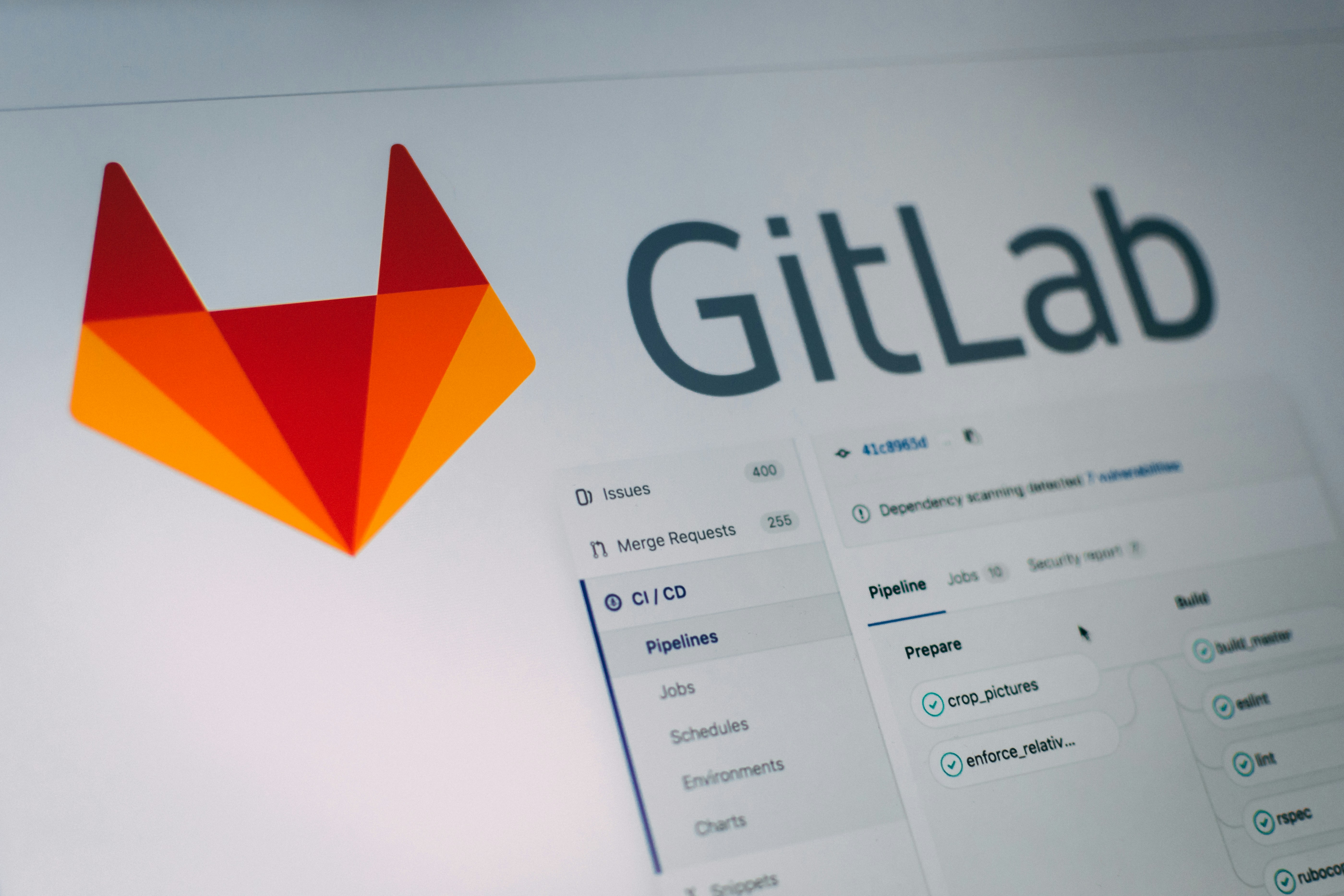
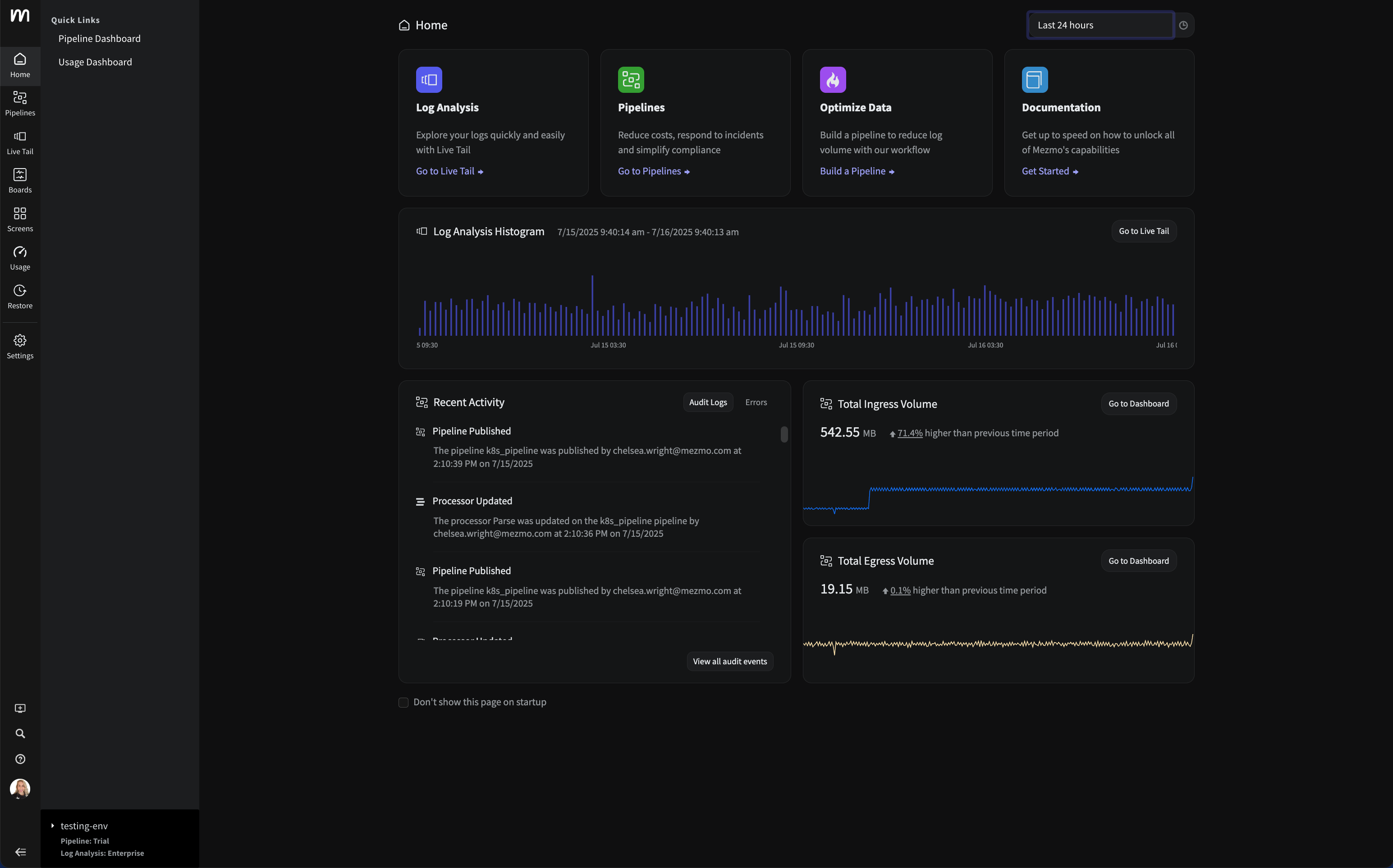


















.png)



































































